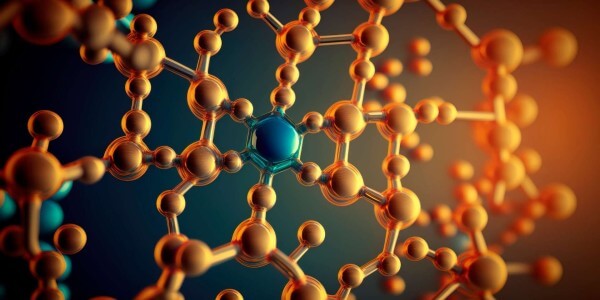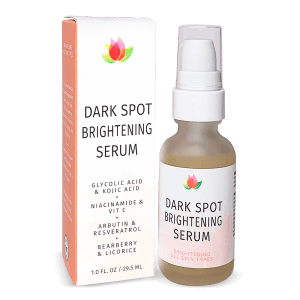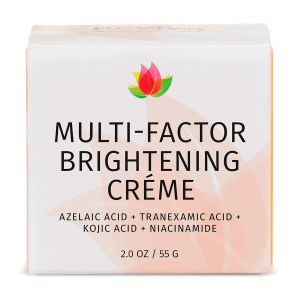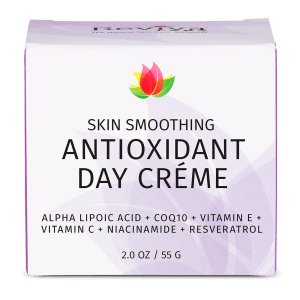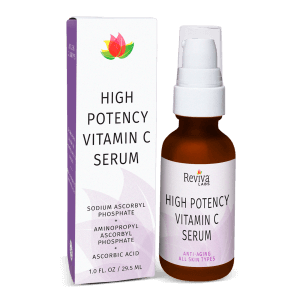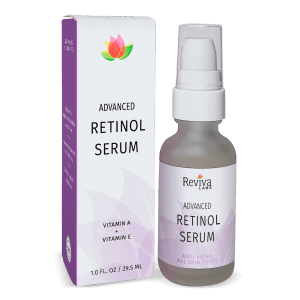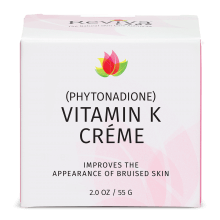Reviva Labs, Skin Care, Webinars
The A, B, Cs, and Ks of skincare vitamins. – Talking Skincare, September 2024, by Reviva Labs
Webinar by Reviva Labs recorded September 26, 2024 - Your skin needs proper nutrition inside and outside. Join us to discuss the ins and outs of Vitamin A, Vitamin B, Vitamin C, Vitamin D, and more.

Hey everyone! If you’ve ever checked out the ingredients in your skincare products and wondered what all those vitamins are doing for you, you’re in the right place. Today, I’m breaking down the A, B, Cs, and even the Ks of skincare vitamins, and how they can help you, especially as we get a bit older. These vitamins aren’t just hype—they’re essential for maintaining healthy, vibrant skin. Let’s dive in!
Let’s start with Vitamin A—the gold standard in anti-aging. If you’ve heard of retinol, you already know it’s one of the most effective ingredients for smoothing fine lines, reducing wrinkles, and even tackling acne. As we age, our skin’s cell turnover slows down, but Vitamin A helps speed it up—revealing fresher, younger-looking skin underneath. It also boosts collagen, which is key for minimizing dark spots and scars over time. If you’re new to retinol, start with a lower strength and work your way up to give your skin time to adjust.
And don’t forget to incorporate Vitamin A into your diet! Eating foods like sweet potatoes and leafy greens is a great way to support your skin from the inside.
Now let’s talk about Vitamin B — specifically B3 (niacinamide) and B5 (pantothenic acid). These vitamins are fantastic for hydration and maintaining your skin barrier, which is so important as we age. Niacinamide is great for calming inflammation, reducing redness, and balancing oil production, making it a great option if you deal with sensitive or acne-prone skin. Plus, it helps brighten your complexion and reduce the appearance of pores.
And Vitamin B5? It’s a hydration hero. If your skin is dry or flaky, B5 helps lock in moisture and speeds up healing. You can also boost your skin by eating foods rich in B vitamins, like whole grains, eggs, and nuts.
Now onto a fan favorite: Vitamin C. This one’s famous for a reason. Vitamin C is a powerful antioxidant that brightens your skin and helps even out your complexion by reducing hyperpigmentation. As we age, our skin tends to lose some of its natural glow, but Vitamin C can help with that, giving you a more radiant, even-toned look. Just remember, it takes time to see results, but with consistent use, it’ll pay off.
Eating foods high in Vitamin C, like oranges, strawberries, and bell peppers, will also give your skin a collagen boost, which is essential for keeping it firm and smooth as we age.
Vitamin D is next, and while we often think of it as the “sunshine vitamin” for strong bones, it’s also great for your skin. As we get older, our skin doesn’t produce as much Vitamin D, especially if we’re not getting enough sun exposure. Vitamin D helps with skin repair and growth, which keeps it smooth and resilient. And if you have skin conditions like eczema or psoriasis, it can be especially helpful because of its anti-inflammatory properties.
If you’re not getting enough sun, you can still support your skin by eating Vitamin D-rich foods like fatty fish and fortified dairy products or taking a supplement.
Now let’s talk about Vitamin E—a powerful antioxidant that protects your skin from environmental stressors like pollution and UV rays. It’s also deeply moisturizing, which is essential for dry or aging skin. Vitamin E helps neutralize free radicals that can cause damage, keeping your skin smoother and more hydrated. To boost your Vitamin E intake, snack on foods like almonds, sunflower seeds, and spinach.
Finally, there’s Vitamin K—the underrated vitamin that helps reduce dark circles, bruising, and redness. It strengthens blood vessels and improves circulation, which is why you often find it in eye creams. If you’ve had any cosmetic procedures like laser treatments or fillers, Vitamin K can also help speed up the healing process, minimizing bruising and discoloration. You can find Vitamin K in leafy greens like kale, broccoli, and spinach.
So, why do we need both topical and dietary vitamins? Well, while a balanced diet is essential for your overall health, your skin doesn’t always get the full benefit of what you eat—your body prioritizes other organs first. That’s why applying vitamins topically is so important. It gives your skin the nutrients it needs, exactly where it needs them.
And that’s it for today! Thanks for tuning in. Don’t forget to check out revivalabs.com for more skincare tips and sign up for our next webinar, “The Frightening Results of Ignoring Your Skin.” Let’s keep glowing, inside and out!
Thanks for watching Reviva Labs Talking Skincare. Be sure to sign-up for future webinars. And check out our Instagram Live today at 3pm. See you there!





